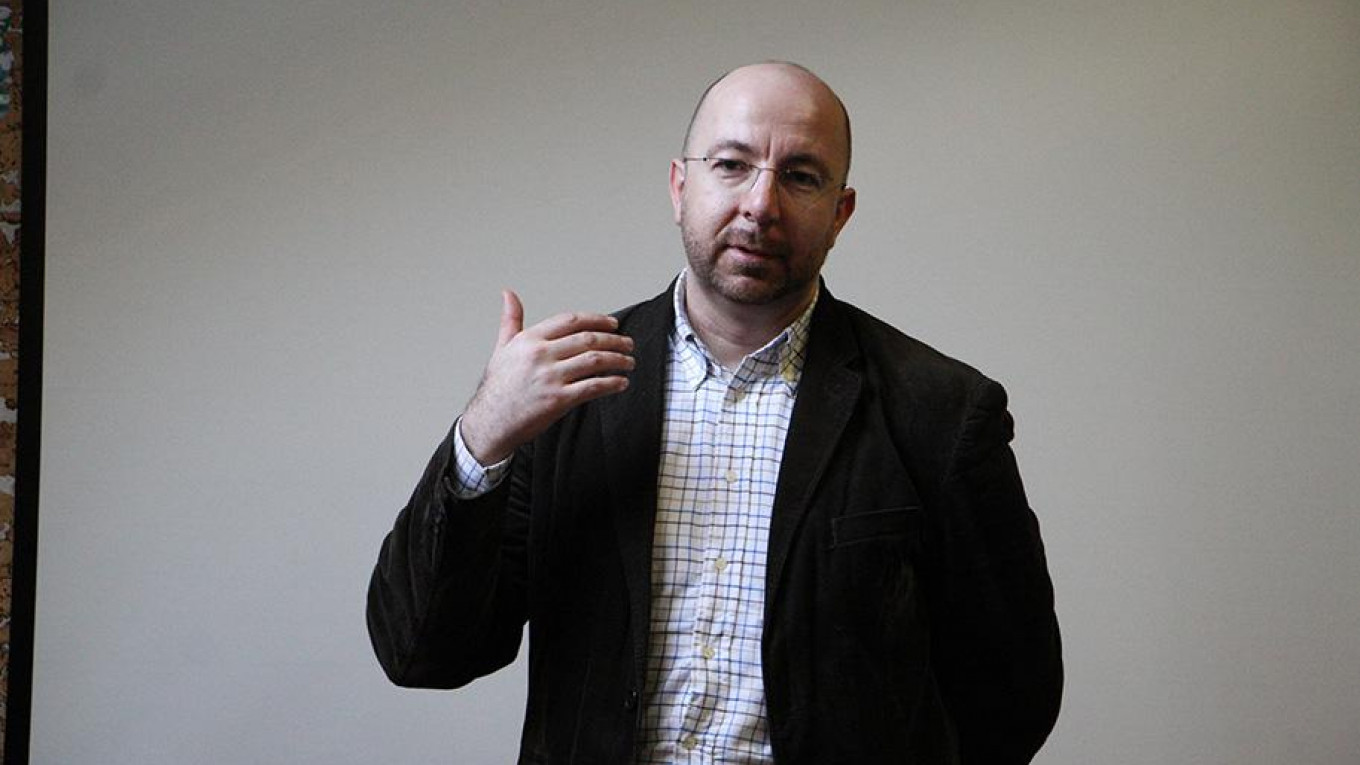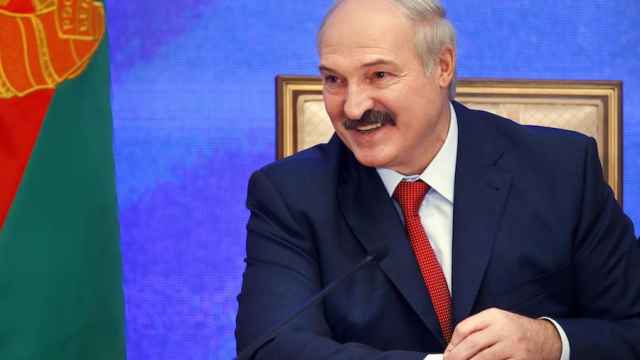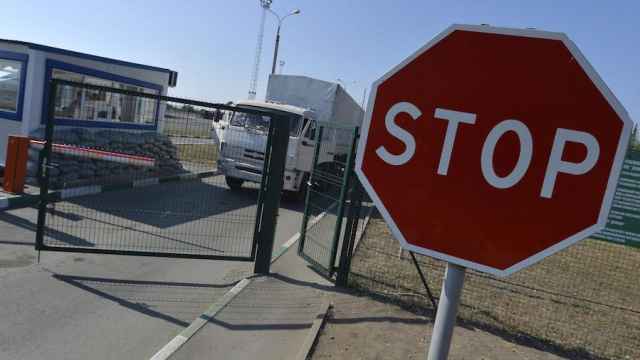Belarus’ Supreme Court has upheld libel charges against a journalist investigating the use of radioactive milk in the country's dairy products.
Belarusian dairy company Milkavita sued Associated Press journalist Yuras Karmanau for libel last year after he claimed the company was using milk contaminated with radioactivity.
Swathes of Belarus are still uninhabitable after the devastating accident at the Chernobyl nuclear power station in modern-day Ukraine 30 years ago.
Karmanau claimed that milk samples he had collected from a Milkavita farm near the contaminated zone had contained radioactive isotopes 10 times above national safety levels when tested in a lab in Minsk.
After hearing testimony from a lab employee, Belarus' Supreme Court upheld a ruling which ordered Karmanau pay court costs and retract key evidence from his story.
"The AP continues to disagree with the decision of the Belarus Economic Court and will not accept as truthful the statements that Mr. Karmanau is being ordered to deliver," said Ian Phillips, the AP's vice president for international news. "AP unreservedly stands behind Mr. Karmanau and the accuracy of his reporting."
When a lower court initially ruled against Karmanu in October, the Belarusian Association of Journalists was quick to criticize the decision.
“The result of this trial significantly narrows the boundaries of freedom of speech in the country,” the group said in a statement on the day of the court’s decision. “It calls into question the very possibility of significant investigative journalism in Belarus.”
Belarus ranks 157 out of 180 countries in Reporters Without Borders’ Press Freedom Index. The group describes Belarus as a country where, “The information ministry has stepped up its control over print media distribution networks and the Internet, and has banned the software used to circumvent online censorship.”
A Message from The Moscow Times:
Dear readers,
We are facing unprecedented challenges. Russia's Prosecutor General's Office has designated The Moscow Times as an "undesirable" organization, criminalizing our work and putting our staff at risk of prosecution. This follows our earlier unjust labeling as a "foreign agent."
These actions are direct attempts to silence independent journalism in Russia. The authorities claim our work "discredits the decisions of the Russian leadership." We see things differently: we strive to provide accurate, unbiased reporting on Russia.
We, the journalists of The Moscow Times, refuse to be silenced. But to continue our work, we need your help.
Your support, no matter how small, makes a world of difference. If you can, please support us monthly starting from just $2. It's quick to set up, and every contribution makes a significant impact.
By supporting The Moscow Times, you're defending open, independent journalism in the face of repression. Thank you for standing with us.
Remind me later.






